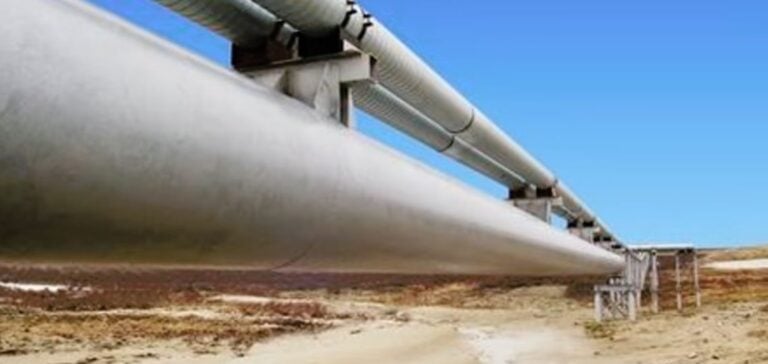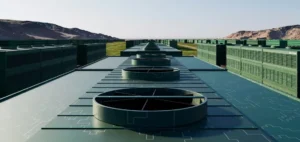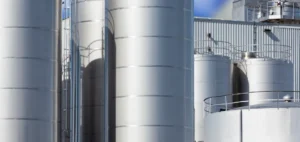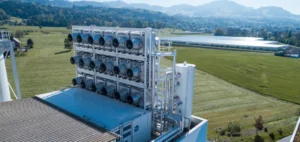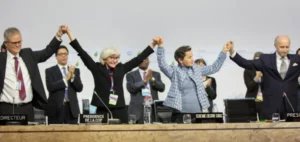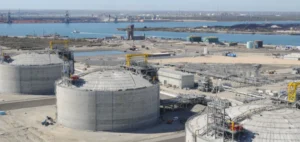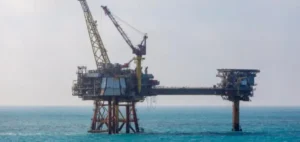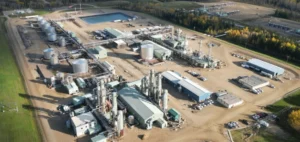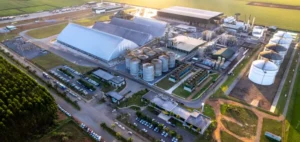The US energy sector has reached a crucial milestone with the IUB (Iowa Utilities Board) approval of Summit Carbon Solutions’ CO2 pipeline. This 688-mile project, designed to transport carbon dioxide from ethanol plants to a permanent storage site in North Dakota, represents a significant step forward in reducing carbon emissions for ethanol producers in the Midwest.
Context and importance of the project
The IUB’s approval, despite modifications to the route and easement, underlines the project’s perceived importance in the public interest. Summit Carbon Solutions, backed by Summit Agricultural Group, originally submitted its application in January 2022. The aim is to enable ethanol producers to market their product as a sustainable fuel, thereby helping to combat climate change.
Challenges and opposition
However, the road to approval was not without obstacles. The project met with vigorous opposition from various groups, including carbon capture skeptics like Sierra Club and landowners concerned about environmental and safety impacts. These opponents called on regulators to delay permits until the U.S. Department of Transportation updates CO2 pipeline standards. Regulators in North and South Dakota have already rejected Summit Carbon’s applications, although the company has filed new ones. Meanwhile, Navigator CO2 Ventures has abandoned its own CO2 pipeline network project after similar failures.
Impact and outlook
Despite these challenges, the IUB judged that the public benefits of the project outweighed the private and public costs. The decision, which followed a 34-month regulatory process with over 4,200 written comments and testimonials, was hailed by Summit Carbon as a “major milestone” for the agricultural industry. Nevertheless, two board members expressed partial dissent, questioning certain aspects of the order. In particular, President Erik Helland criticized the requirement to obtain permits first in North and South Dakota, seeing this as an abdication of IUB authority.
Progress of Competitive Projects
Other carbon capture and storage projects are also progressing with varying degrees of success. For example, the Mt. Wolf Carbon Solutions’ Simon Hub in Illinois and Iowa is currently on hiatus following the withdrawal of its application in 2023. Green Plains, on the other hand, is moving ahead with its Advantage Nebraska sequestration site, scheduled to begin carbon capture in 2025. In addition, Tallgrass Energy recently held a season of engagement for its Trailblazer CO2 project, which plans to reuse 392 miles of its former natural gas pipeline for CO2 service.
The IUB’s approval of Summit Carbon’s CO2 pipeline marks a milestone in the US energy transition, illustrating both the challenges and opportunities of carbon capture and storage. While other projects continue to navigate between progress and obstacles, IUB’s decision could serve as a model for future decarbonization initiatives across the country.


